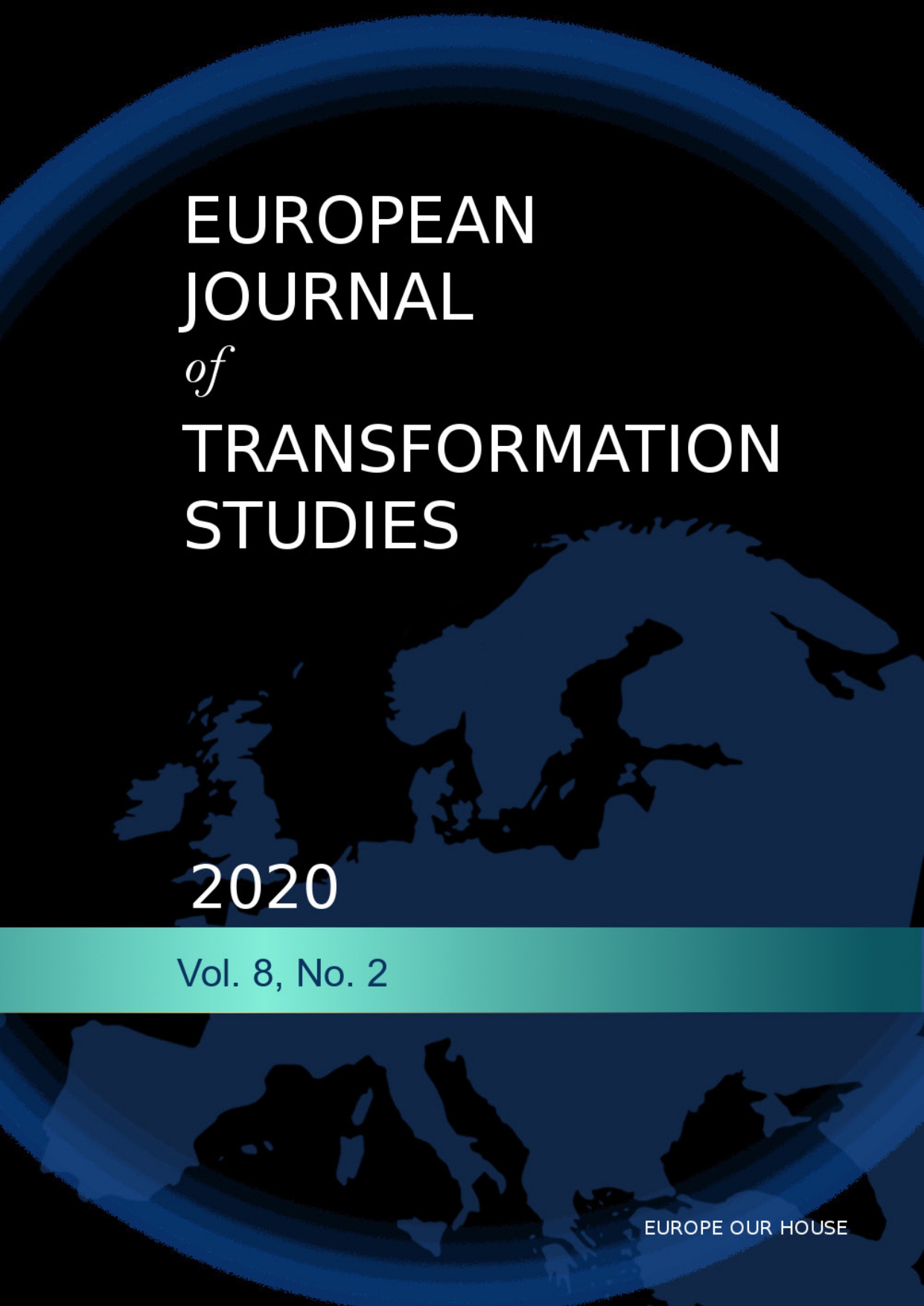Determinants of Ethnic Pride among New Zealand’s Polish Immigrants
Słowa kluczowe:
promoting Polish culture, Polish cultural organizations, survey research, New ZealandAbstrakt
The survey research and respondent interviews described in this article were conducted in late 2019/early 2020 to assess the determinants of Polish identity among first and second-generation New Zealand born individuals of Polish descendant -- the generation first born in New Zealand whose parent(s) was/were born in Poland or the second generation born in New Zealand whose grandparent(s) was/were born in Poland and whose parent(s) was/were born in New Zealand. Many of these individuals were related to the Polish child refugees that came to New Zealand in 1944. The article begins with a brief literature review on the subject. This is followed by a description of the research methods used, findings that pertain to a target audience, and a strategy for promoting Polish identity with this target audience. This strategy should prove useful to Polish cultural organizations in New Zealand (and perhaps elsewhere) in their efforts to develop programming that successfully promotes Polish identity with their audiences.
Downloads
Bibliografia
Ellis, L. M., & Chen, E. C. (2013). Negotiating Identity Development among Undocumented Immigrant College Students: A Grounded Theory Study. Journal of Counseling Psychology, 60(2), 251-264.
Gans, H.J. (1979) Symbolic ethnicity: The future of ethnic groups and cultures. In America, Ethnic and Racial Studies, 2:1, 1-20, DOI: 10.1080/01419870.1979.9993248.
Glinka, B., & Brzozowska, A. (2015). Immigrant Entrepreneurs: in Search of Identity. Entrepreneurial Business and Economics Review, 3(4), 51-76.
Gone, J., Miller, P., & Rappaport, J. (1999). Conceptual Self as Normatively Oriented: The Suitability of Past Personal Narrative for the Study of Cultural Identity. Culture & Psychology, 5(4), 371-398.
Jaroszyńska-Kirchmann, A. D. (2011). Ethic Identity and Assimilation. In J. Pula & M. Biskupski (Eds), The Polish American encyclopedia (pp. 101-111).
Jefferson, N.C.: McFarland. Jaroszyńska-Kirchmann, Anna D. (2015). The Polish Hearst : Ameryka-echo and the public role of the immigrant press (History of communication). Urbana, Illinois: University of Illinois Press.
Lewandowska, E. (2008). More Polish or more British? Identity of the second generation of Poles born in Great Britain. Retrieved December 28, 2018 from: http://iaccp.org/ebook/ xian/PDFs/4_5Lewandowska.pdf.
Manterys, S., Zawada, S., & Szatkowska, A. (2006). Dwie ojczyzny : Polskie dzieci w Nowej Zelandii : Tułacze wspomnienia. Warszawa: “Rytm”.p.16.
Ministry of Foreign Affairs Republic of Poland’s website (2012). Retrieved November 15, 2019 from: https://www.msz.gov.pl/en/foreign_policy/polish_diaspora/polish_diaspora.
Rokicki, J. (2000). Polish Ancestry and Multiethnic Identity: A Case Study of Students in Wisconsin and Illinois. Polish American Studies, 57(2), 67-91.
Schwartz, S. J., Unger, J. B., Zamboanga, B. L., & Szapocznik, J. (2010). Rethinking the concept of acculturation: Implications for theory and research. American Psychologist, 65(4), 237–251.
Sawicka, S. (2012). Poles. Te Ara - the Encyclopedia of New Zealand. Retrieved on November 20, 2019 from https://teara.govt.nz/en/poles.
Skwarko, K. (1974). The invited : The story of 733 Polish children who grew up in New Zealand. Wellington: Millwood Press.
Tyson, B. (2018). Social Influence Strategies for Environmental Behavior Change - Second Edition. IUniverse Publishers, Bloomington, IN.
Vickrey, R., Tyson, B. & Nicholas, V. (2019). Strategies for Promoting Polish Identity in the Northeastern United States. European Journal of Transformation Studies. Vol.7, No.1.

 Uniwersyteckie Czasopisma Naukowe
Uniwersyteckie Czasopisma Naukowe



